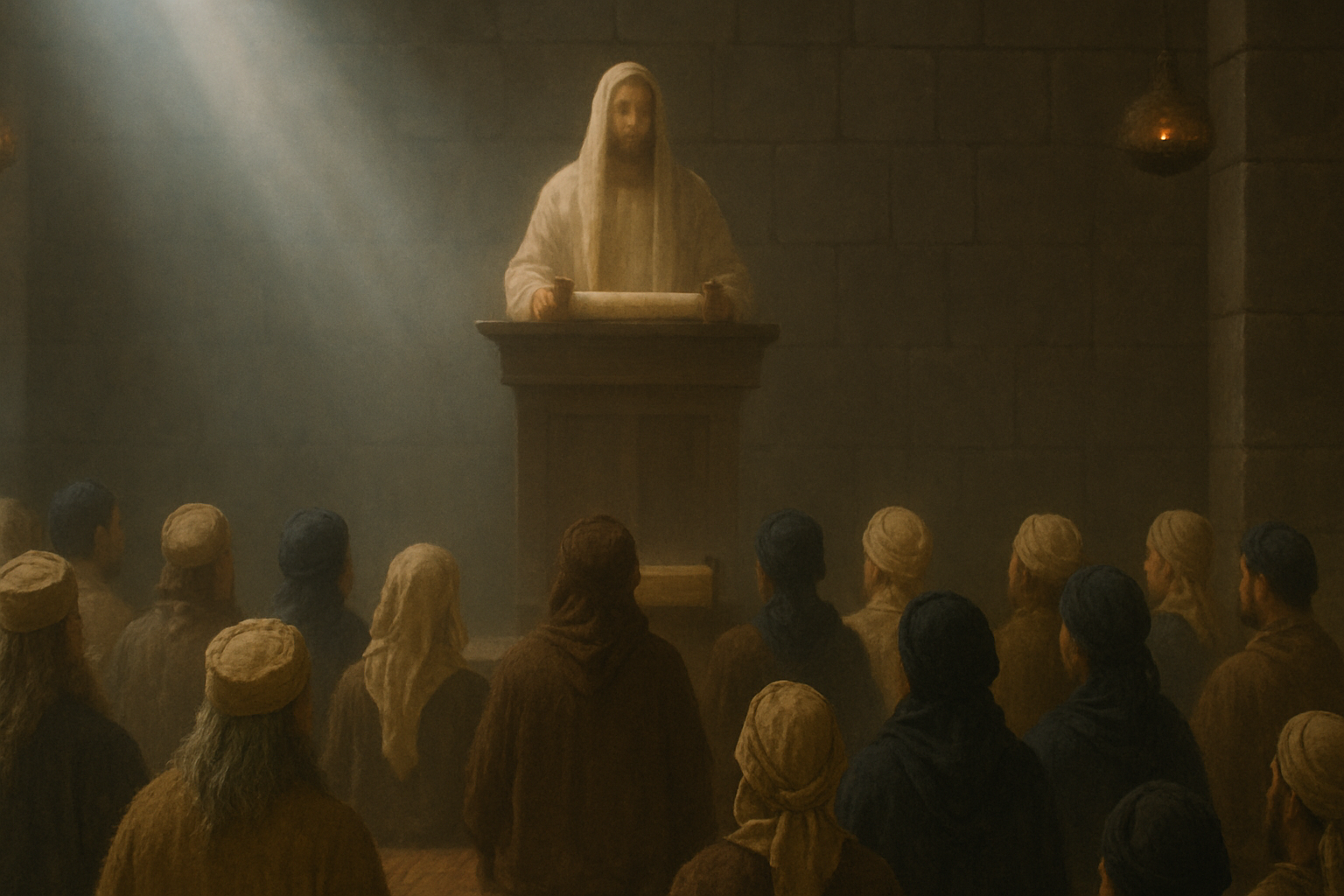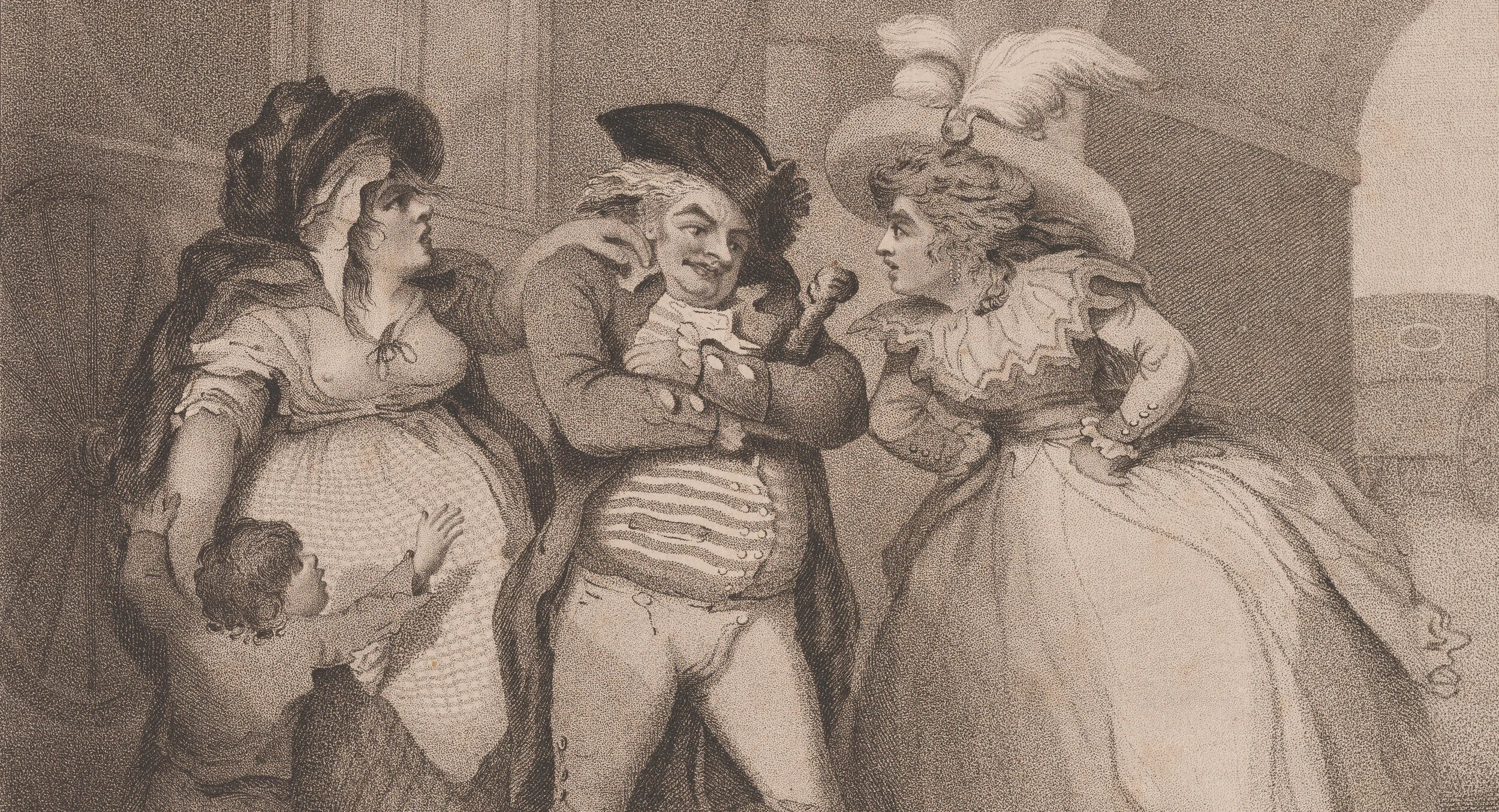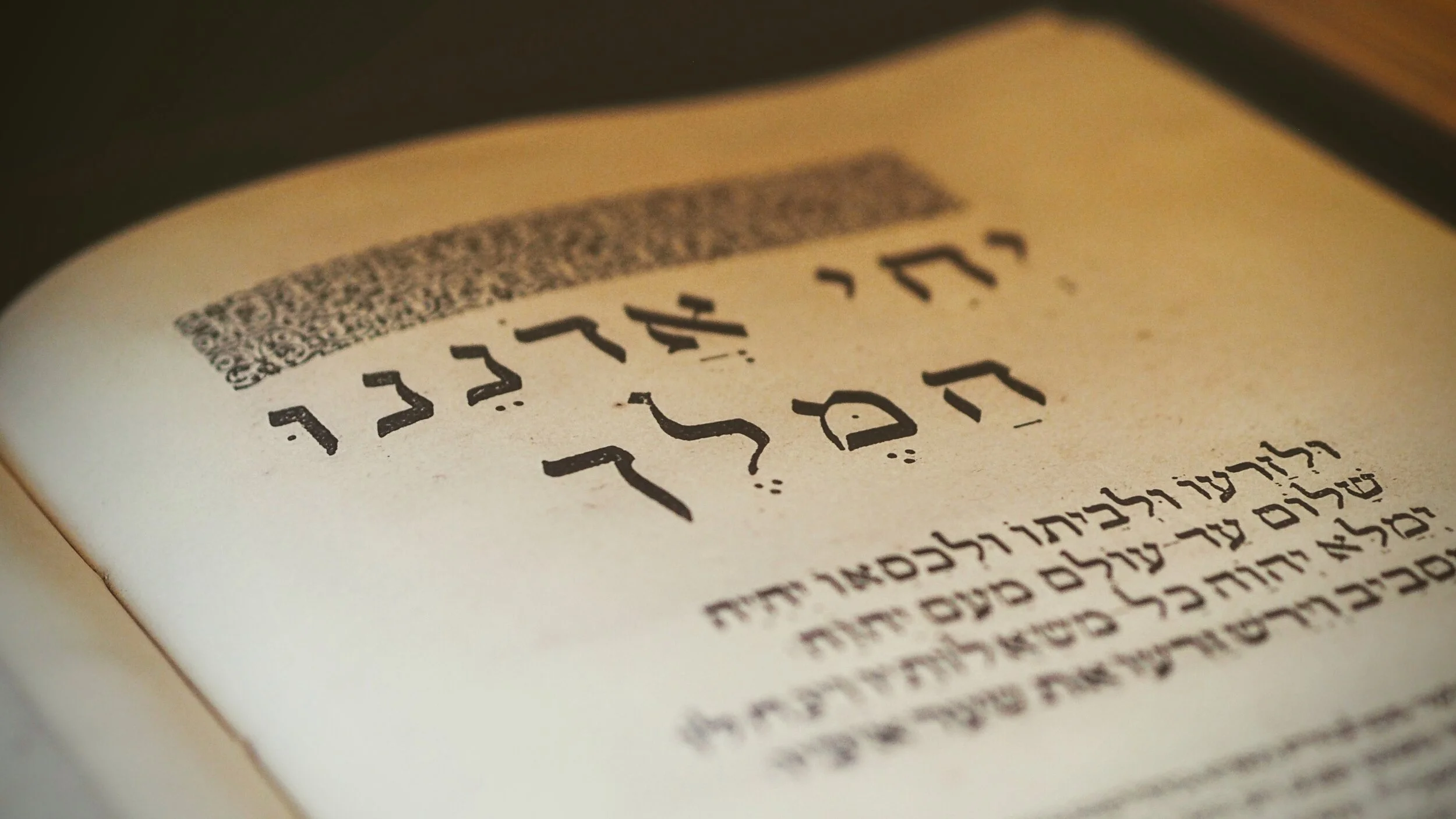Author: David Wilber
Is marital intimacy on the Sabbath a violation of the commandment to keep the seventh day holy? That depends on who you ask.
The Rabbis say no. Mishnah Ketubot 5:6 states that an unemployed man must have marital relations with his wife “every day,” including on the Sabbath. Moreover, Babylonian Talmud Ketubot 62b:6 states that the Sabbath is actually “the ideal time for Torah scholars to fulfill their conjugal obligations.” Rather than prohibiting sexual intimacy on the Sabbath, these Rabbinic rulings promote it.
However, not all ancient Jewish teachers agree with this perspective. For instance, the author(s) of the Book of Jubilees (written sometime in the second century BC) goes so far as to declare that having sex with your spouse on the Sabbath is an offense that warrants the death penalty:
Six days shalt thou labour, but on the seventh day is the Sabbath of the Lord your God…whoever desecrates that day, whoever lies with (his) wife…shall die.
—Jubilees 50:7-8 (Translated by R.H. Charles)
These passages in Rabbinic literature and the Book of Jubilees represent two very different opinions on the matter. However, the Torah itself neither prohibits nor explicitly promotes marital intimacy on the Sabbath. Is there anything in Scripture that may shed light on this question?
Does Marital Intimacy Violate the Sanctity of the Sabbath?
The Law of Moses does not forbid sex on the Sabbath, which is striking if such an act were indeed a violation of the commandment. After all, the Torah is far from silent when it comes to imposing restrictions on sexual activity, even within marriage. For instance, the Torah explicitly prohibits sex during certain other times, such as when a woman is menstruating (Lev. 18:19). If sex during the Sabbath were a violation of the commandment—let alone a crime warranting death, as Jubilees claims—it is reasonable to expect that the Torah would at least mention it.
Moses instructs us not to add to or subtract from the commandments he gave to Israel (Deut. 4:2). The Book of Jubilees purports to be divine revelation delivered through Moses and introduces additional commandments, such as this prohibition against physical intimacy on the Sabbath. Hence, Jubilees breaks the command not to add to Moses’s words. In my article on Jubilees, I mentioned this fact as one of the many reasons Jubilees should not be considered Scripture.
In an effort to rescue Jubilees, some individuals online have tried to find a commandment against sex on the Sabbath within the Torah itself. A YouTuber named Sean Griffin, who advocates for the view that books like 1 Enoch and Jubilees are “inspired Scripture,” argues that such a prohibition can be found in Leviticus 15. Here is his argument:
Not having sex with your wife—is that a Sabbath prohibition in the canon of 66, yes or no? It is! Leviticus 15! You can’t have sex with your wife and go to the temple. Why would you go to the temple on the Sabbath? Because it’s a holy feast day…You gotta go to the temple. Especially if you’re in the area, right? So, you can’t be having sex with your wife that day because you’ll be unclean for 24 hours and you can’t go participate.[1]
Griffin justifies the prohibition in Jubilees by appealing to the ritual purity regulations in Leviticus 15. He argues that since individuals cannot worship at the tabernacle or temple while in a state of ritual impurity (Lev. 15:31), this somehow proves that marital intimacy is forbidden on the Sabbath. As I briefly discussed in my response to Griffin, this argument has several problems.
First, the commandment in Jubilees does not mention the temple or ritual purity at all. Instead, it appears alongside other restrictions described as “work,” such as buying and selling, drawing water, and carrying burdens. From the perspective of the author(s) of Jubilees, sex on the Sabbath is not forbidden due to concerns about ritual purity—it is forbidden because it is classified as “work.”
Second, if the concern were truly about ritually defiling the tabernacle or temple, the command in Jubilees does not make sense as written. A man could worship at the temple in the morning, then return home and be intimate with his wife in the afternoon. Why impose a blanket prohibition if ritual defilement were the issue?
Third, contrary to Griffin’s assumption, the Torah does not require Israelites to go to the temple on the Sabbath. According to Deuteronomy 16:16, they must “appear before the LORD” at the tabernacle or temple only three times a year, and the Sabbath is not one of those times. Consequently, the ritual purity regulations in Leviticus 15 are entirely irrelevant to the issue at hand.
If Griffin were intellectually honest, he would admit that the Torah provides no basis for this prohibition in Jubilees. However, he is unlikely to do so because much of his “ministry” is devoted to promoting Jubilees as Scripture. His commitment to this belief forces him to perform the most complicated mental gymnastics ever witnessed by anyone.
Before we move on, Isaiah 58:13 is another passage sometimes cited to argue that married couples should refrain from sexual intimacy on the Sabbath. This verse, where the prophet urges the people to abstain from doing their “own pleasure,” is also used by some to discourage doing any enjoyable activities on the Sabbath, such as reading a book or playing games with your children. However, this interpretation misses the point of the passage. The Hebrew word khefets (“pleasure”) in Isaiah 58:13 is better translated as “business” (JPS). This interpretation is supported by the business-related context in which the term occurs earlier in the chapter (Isa. 58:2-3). The prophet is not condemning pleasurable activities on the Sabbath (especially since he encourages us to “delight” in the Sabbath in the same verse) but instead is condemning the pursuit of one’s usual business affairs on the Sabbath.[2]
We can be confident that Scripture does not prohibit marital intimacy on the Sabbath. However, does Scripture provide any indication that it is encouraged?
Is Marital Intimacy Encouraged on the Sabbath?
If we interpret Genesis 2 as a detailed retelling of the events of day six in Genesis 1:24-31, sexual intimacy could be seen as connected to the first Sabbath. In Genesis 2:24, God instructs the first man and woman to become “one flesh.” With the evening of the sixth day transitioning into the seventh day (since biblical days begin and end at sundown), it is possible to read their wedding night as coinciding with the Sabbath. This interpretation ties the marital intimacy of the first humans to the joy and delight of Sabbath rest. Richard Davidson puts it well:
The first man and woman, created on the sixth day, united in holy wedlock as the first Sabbath draws near, are clearly intended to unite Sabbath holiness with the holy intimacy of married love. That first Friday night in Eden—the eve of the Shabbat—was their wedding night. The references to “one flesh” and their being naked before each other without shame (vv. 24-25), coming immediately after the garden wedding ceremony and appearing in the narrative structure paralleling the Sabbath in the first creation account, all give further evidence that sexual union and Sabbath are not inimical to each other. God, who hallows that first Sabbath with his presence, at the same time hallows the marriage bed on the Sabbath as Adam and Eve share sexual intimacy with each other.[3]
In addition to the possibility that the first man and woman shared sexual intimacy on the Sabbath in the garden, Isaiah 56:3-5 may provide another hint that the Sabbath is an ideal time for such intimacy. This passage highlights God’s delight toward the eunuchs and foreigners who keep the Sabbath. As Malka Simkovich observes:
Although a eunuch is unable to engage in sexual intercourse, the prophet assures him that his observance of Shabbat is cherished by God. The underlying presumption here, I would argue, is that sexual activity is an integral part of the experiential joy of Shabbat. This explains why the eunuch is cited as complaining that he is a “dry tree.” His complaint is that, as a eunuch, he cannot celebrate Shabbat to its fullest, most pleasurable extent with a partner.[4]
If these suggestions are correct, it would appear that the Rabbis, who view the Sabbath as an ideal time for sexual intimacy (at least for Torah scholars), are more aligned with the teachings of Scripture on this issue. But at the very least, contrary to the teachings of Jubilees, Scripture does not prohibit it. If a husband and wife choose to delight in the Sabbath by sharing sexual intimacy, Scripture permits it.
[1] Quoted in David Wilber, “Sean Griffin is Wrong About the Book of Jubilees,” YouTube, July 11, 2023.
[2] See Laurentiu G. Ionescu and Gerhard Pfandl, “The Sabbath in the Prophets,” in The Sabbath in the Old Testament and the Intertestamental Period: Implications for Christians in the Twenty-First Century, ed. Daniel Bediako and Ekkehardt Mueller (Silver Spring, MD: Biblical Research Institute, 2021), 156-159.
[3] Richard M. Davidson, Flame of Yahweh: Sexuality in the Old Testament (Peabody, MA: Hendrickson Publishers, 2007), 53.
[4] Dr. Malka Z. Simkovich, “Intimacy on Shabbat: Was it Always a Mitzvah?” TheTorah.com, 2014.
About David Wilber
David is first and foremost a passionate follower of Yeshua the Messiah. He is also a writer, speaker, and teacher.
David’s heart is to minister to God’s people by helping them rediscover the validity and blessing of God’s Torah and help prepare them to give an answer to anyone who asks about the hope within them (1 Peter 3:15)…































